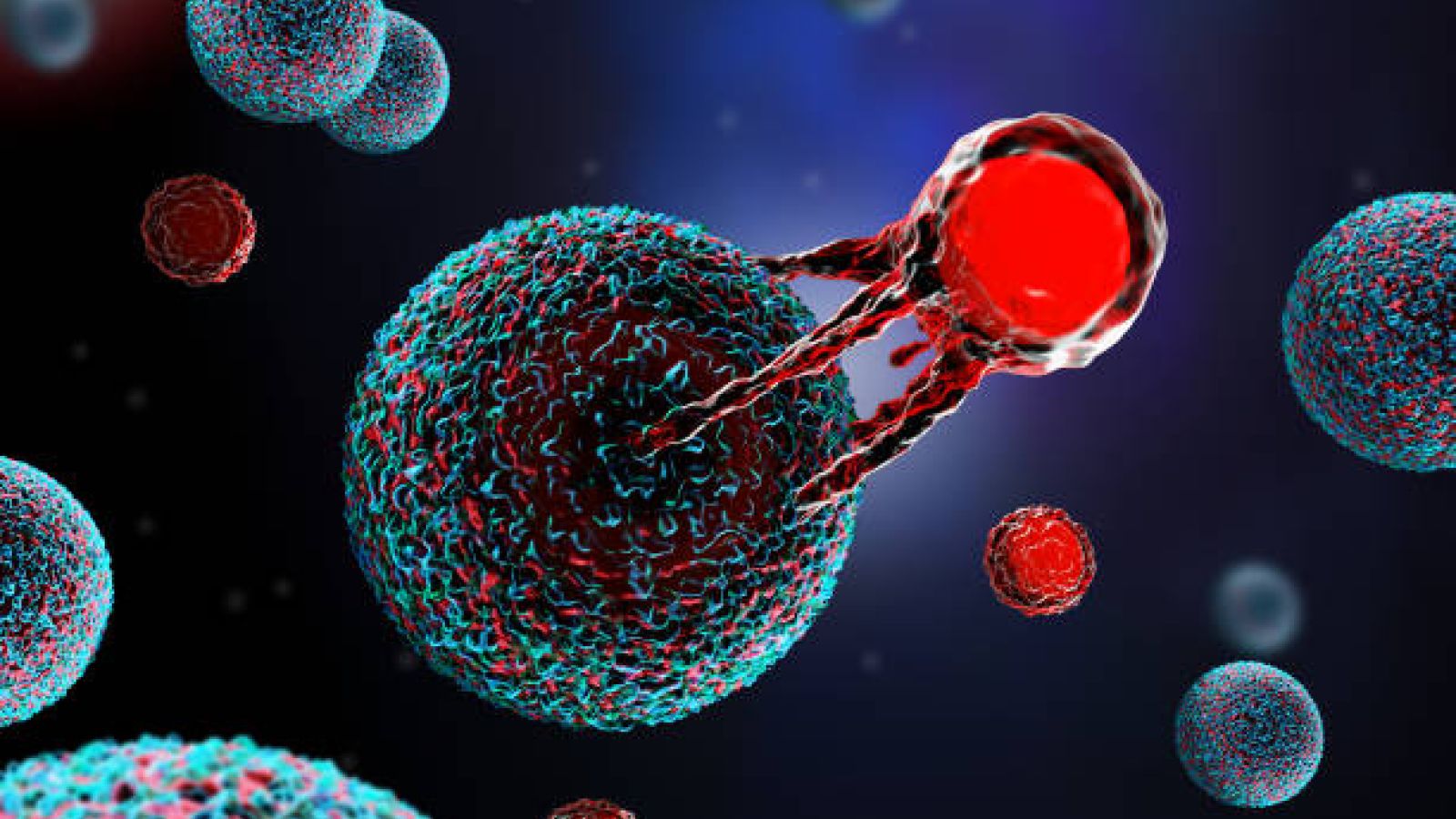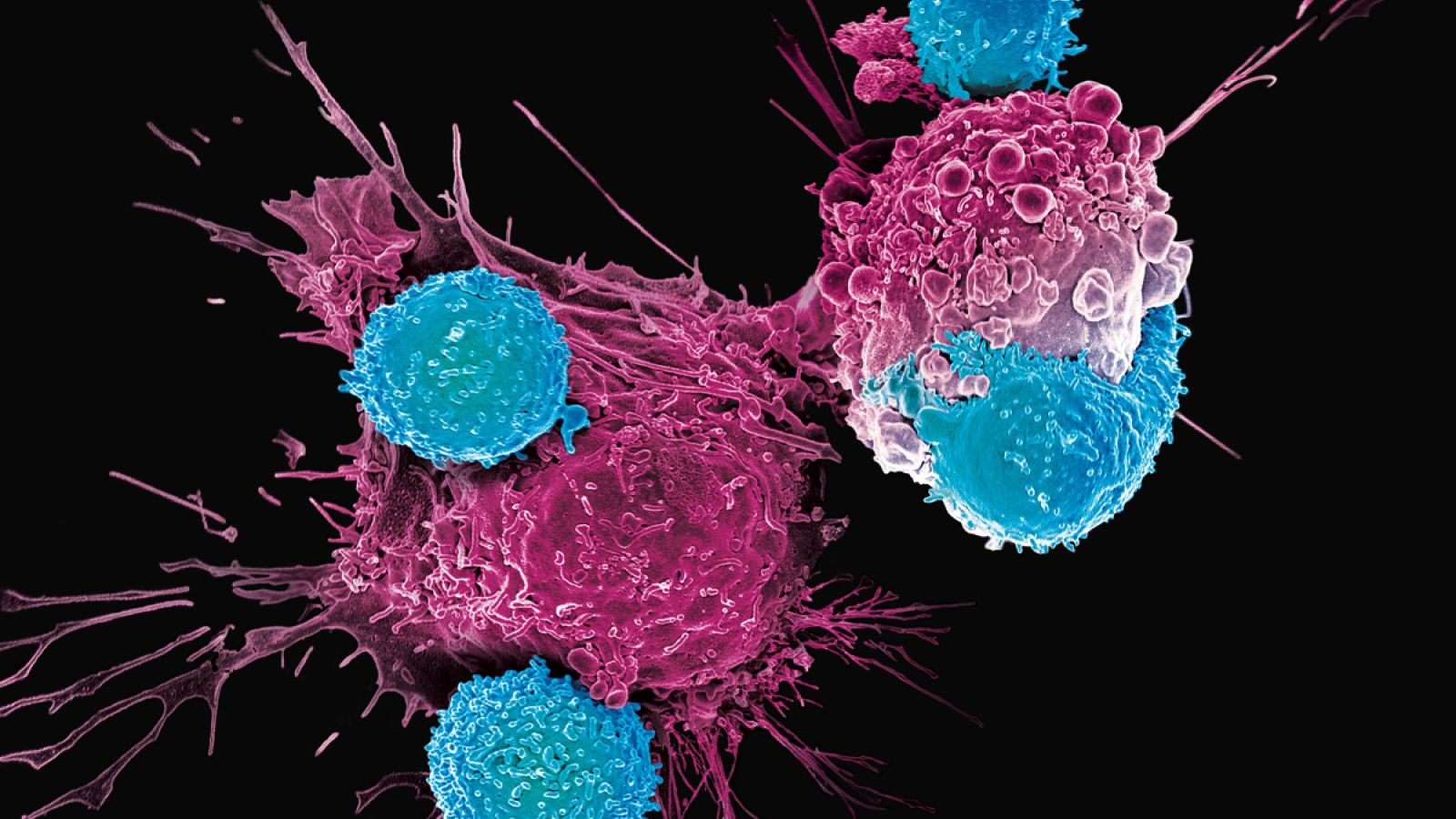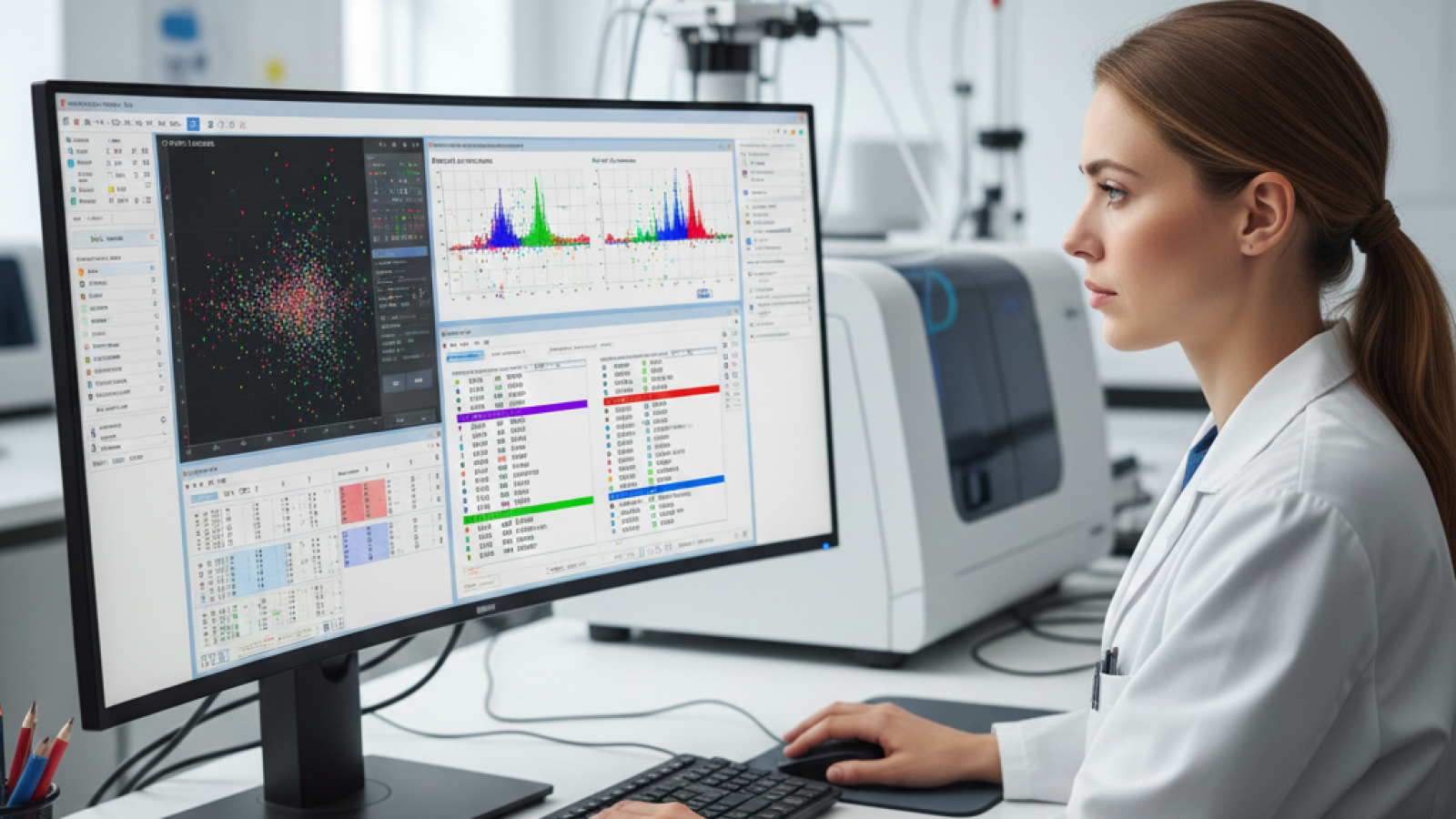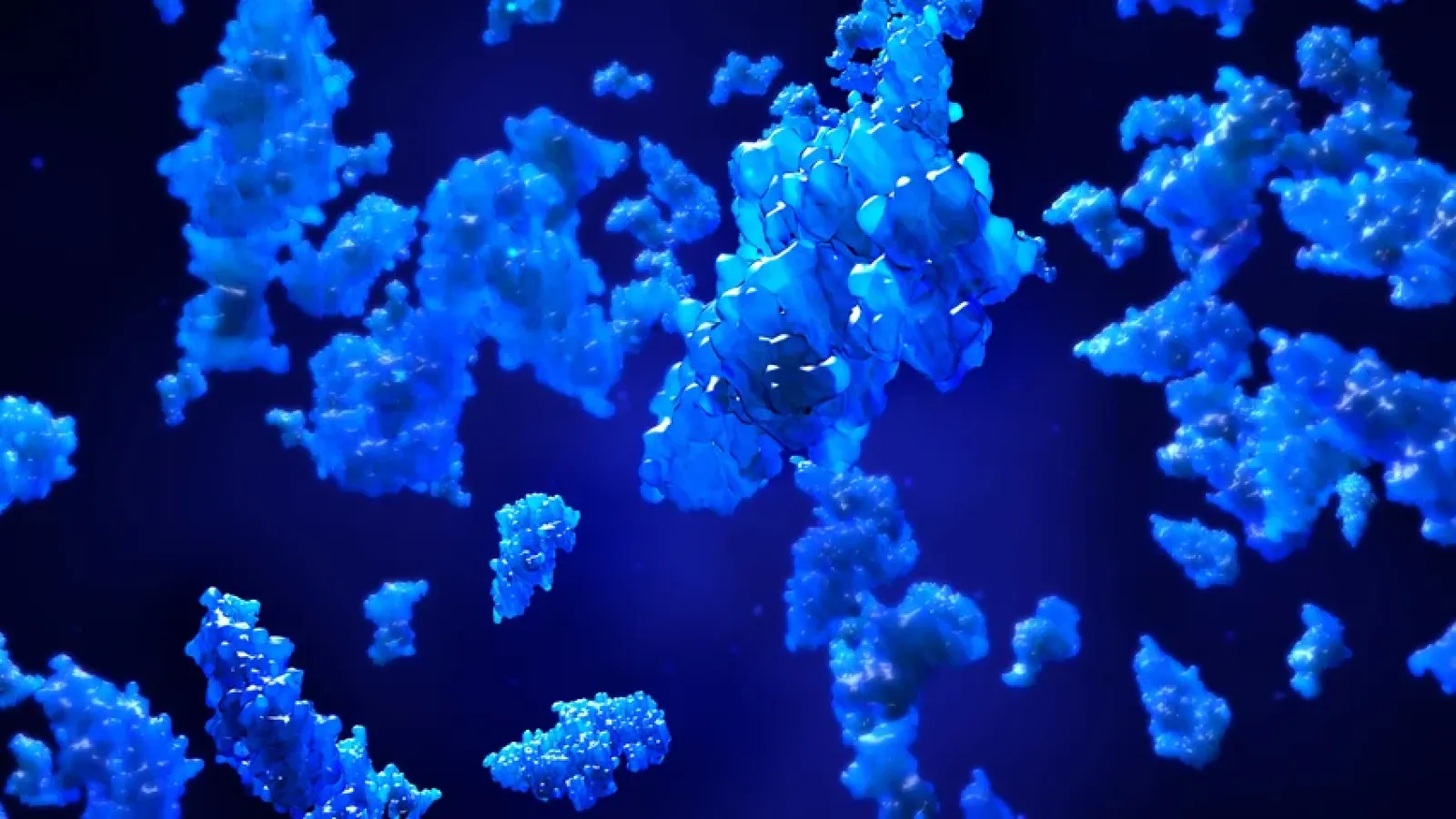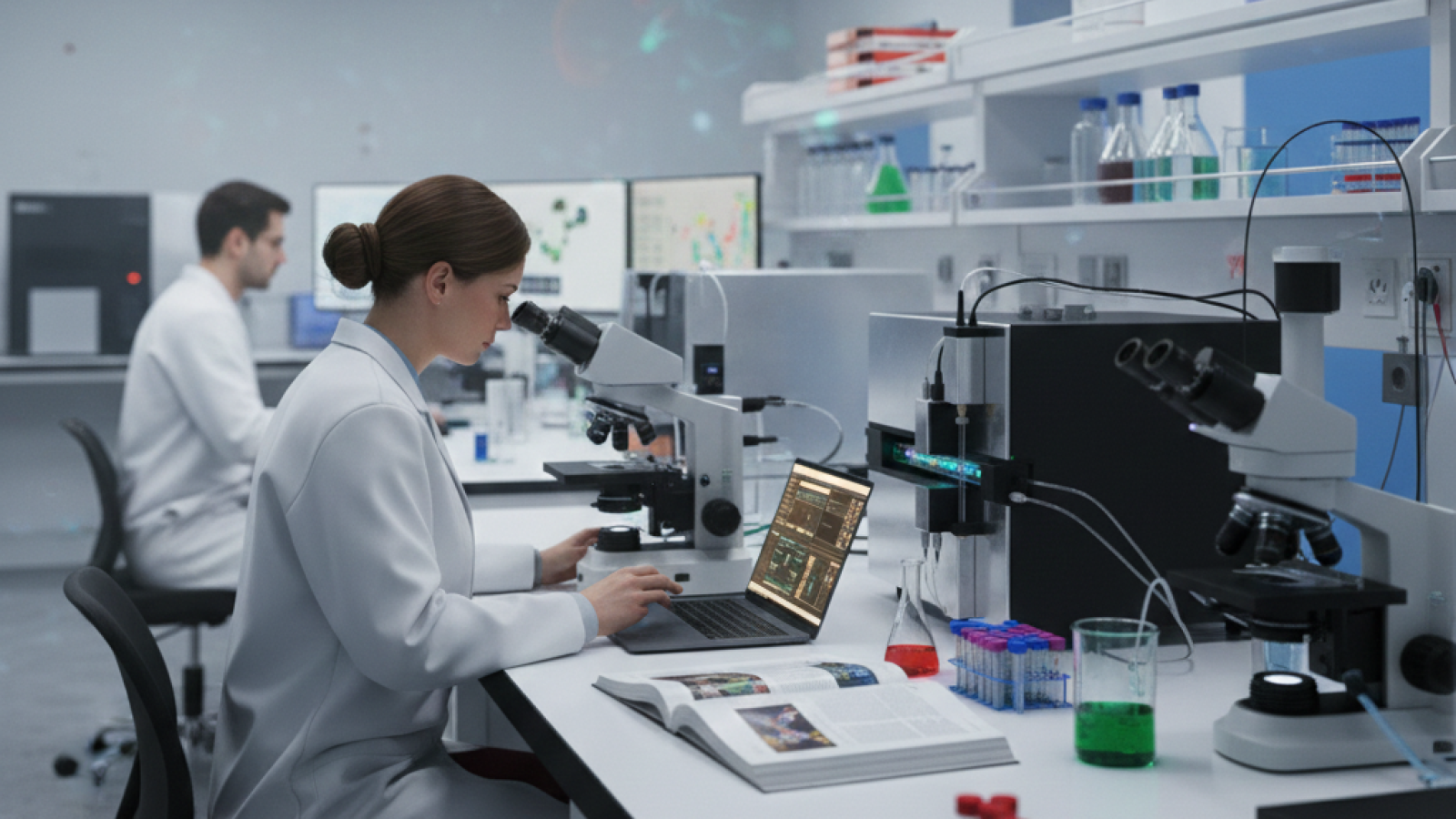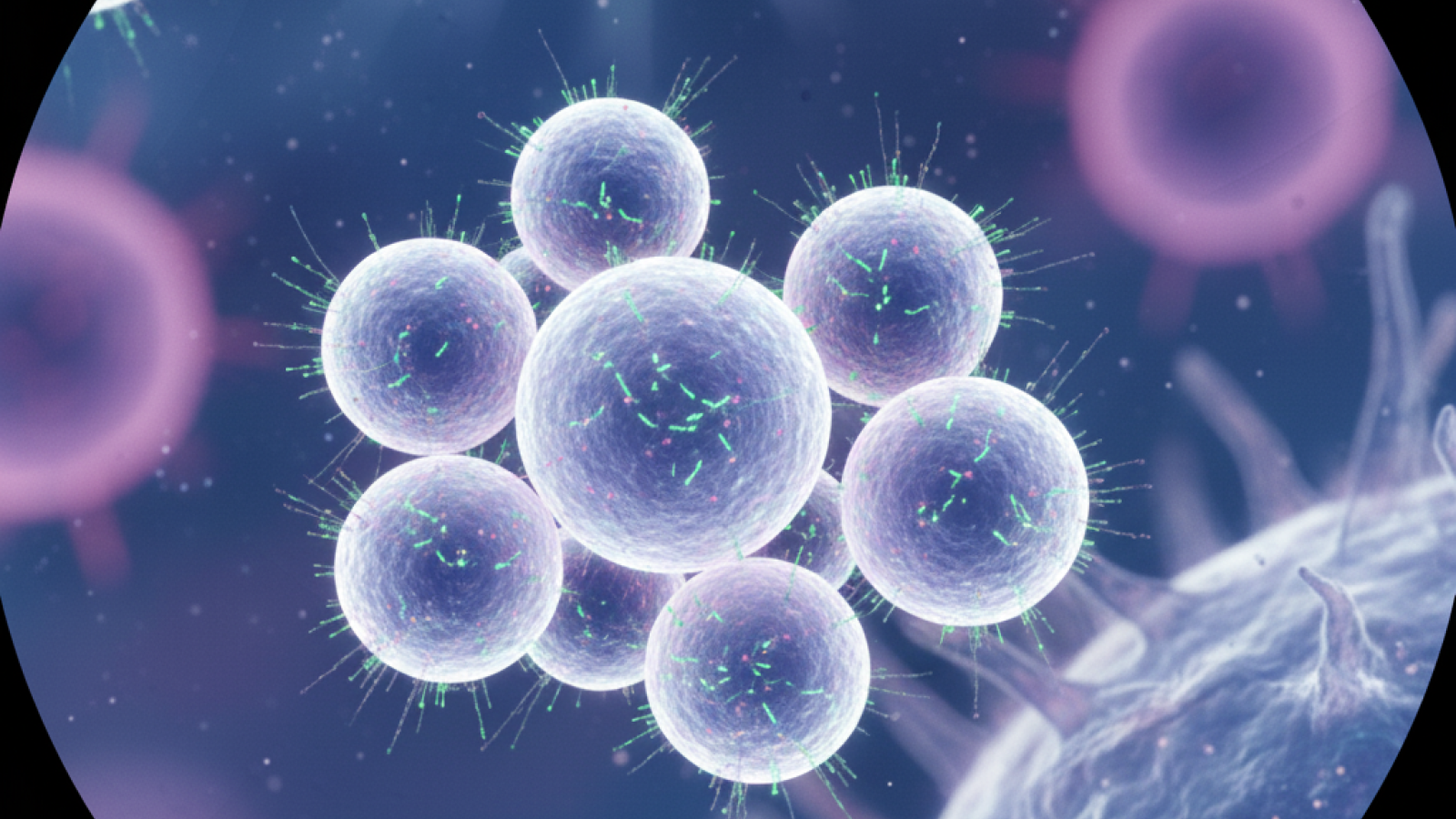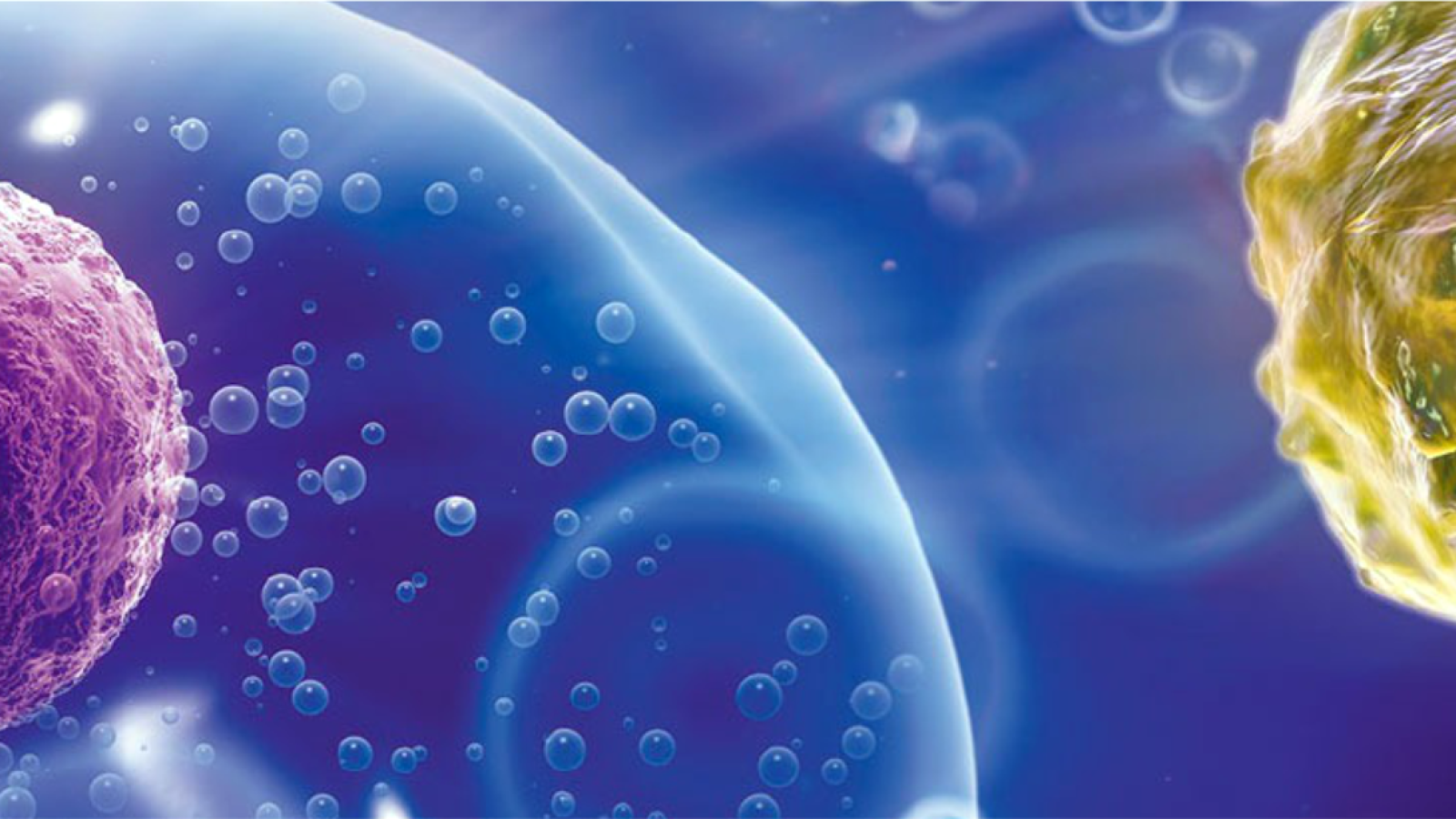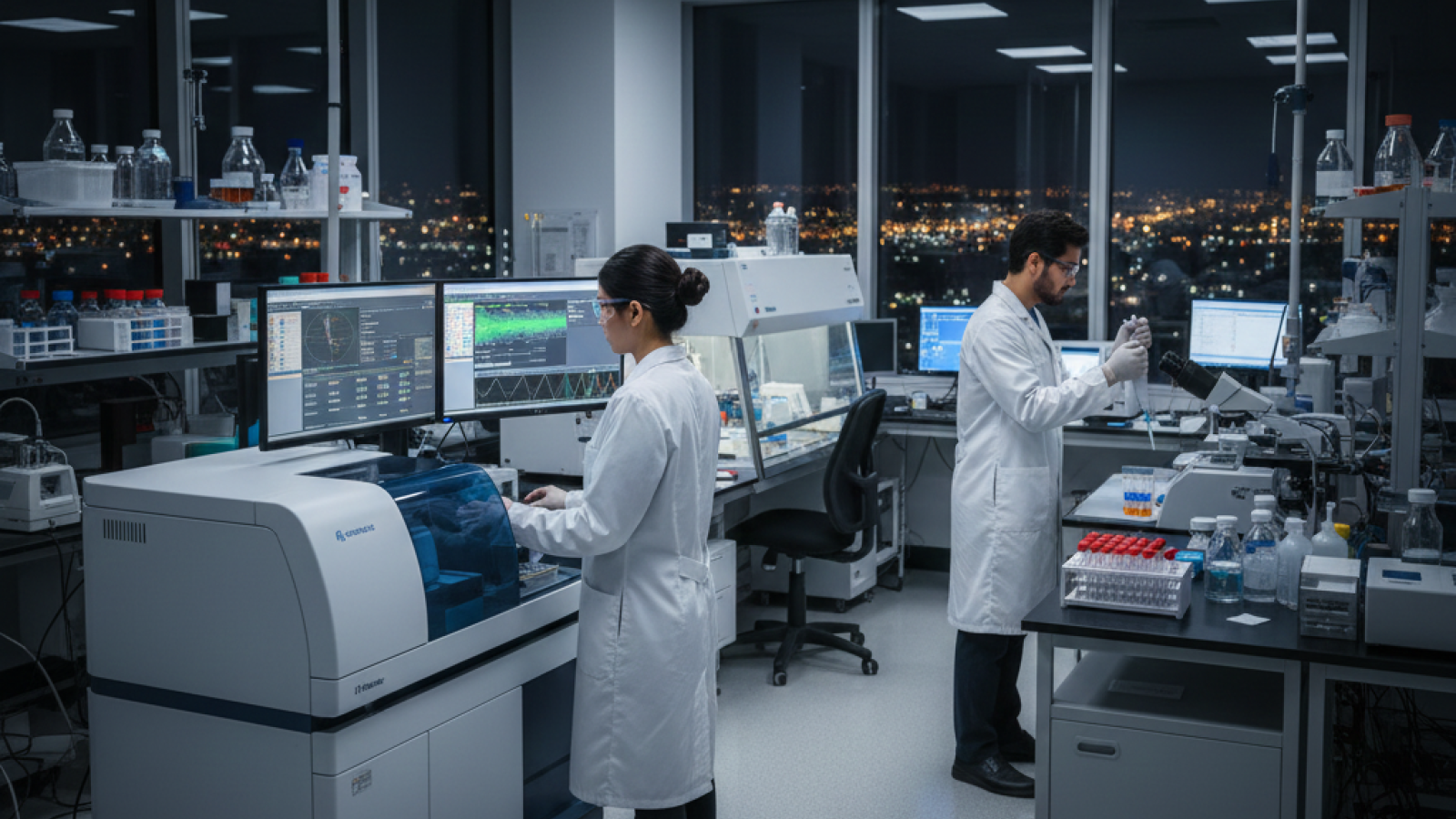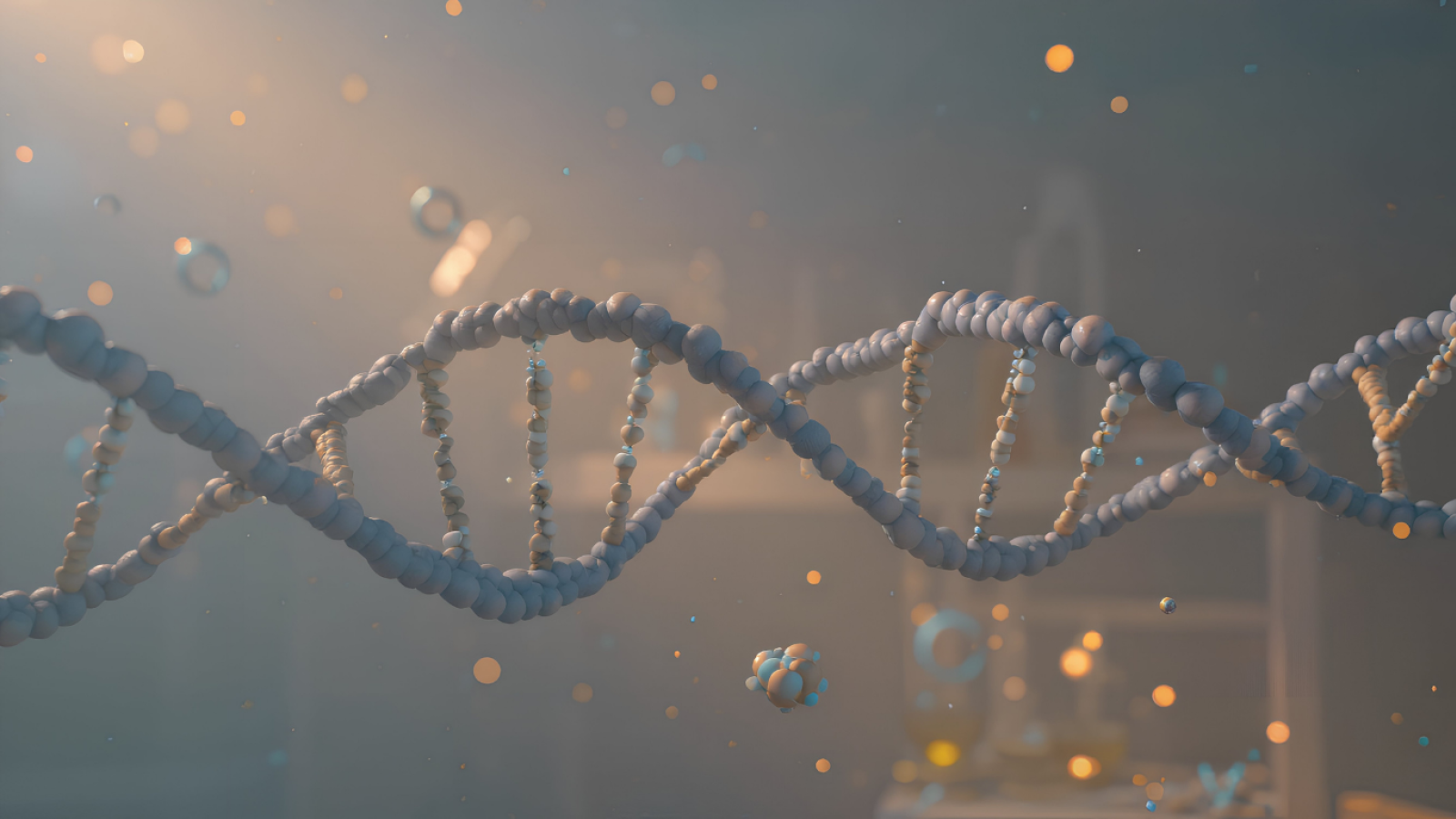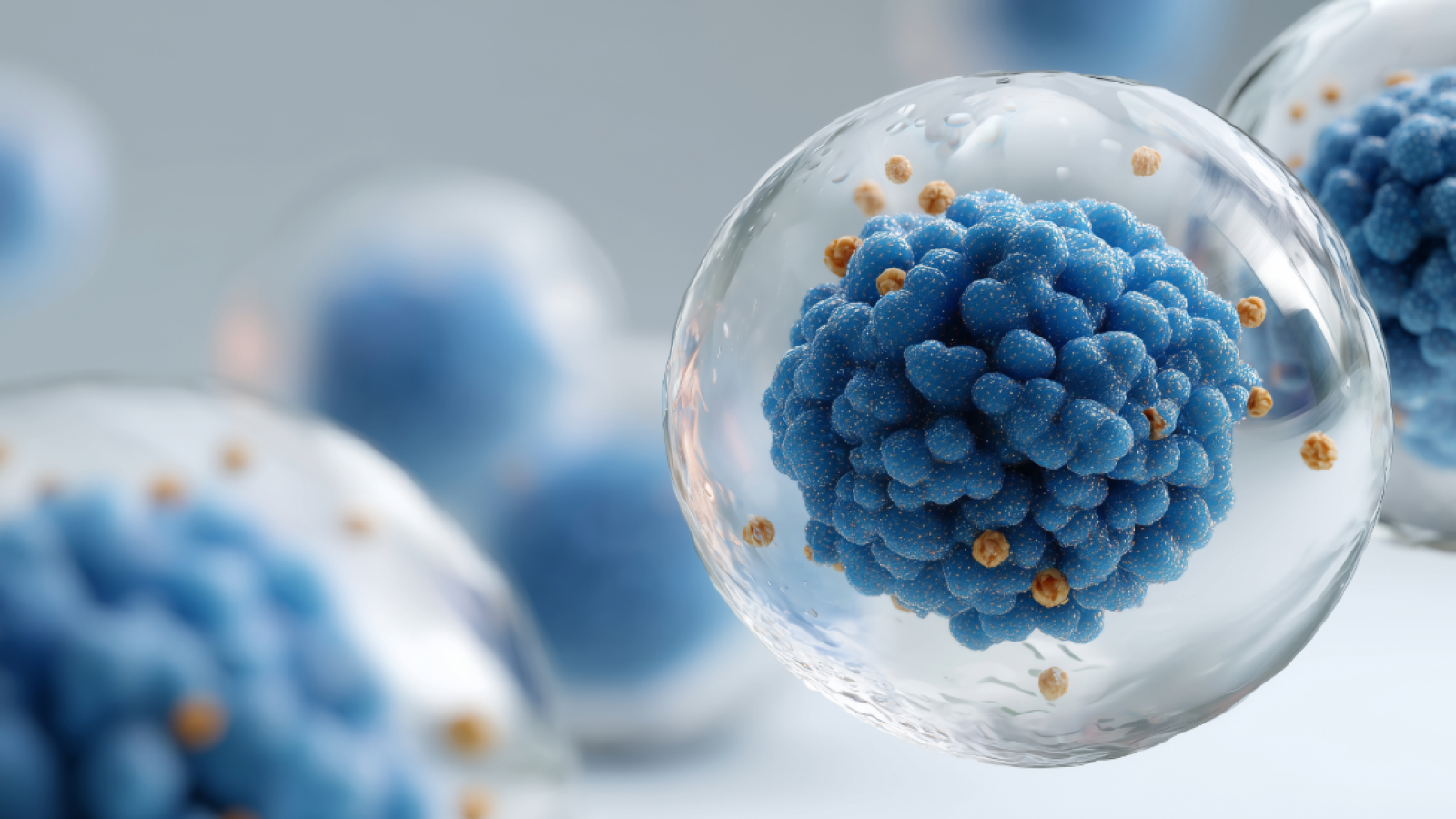Flow cytometry-based detection of CAR-T cells is now a cornerstone in immunotherapy research, translational studies, and clinical monitoring. It is routinely used to assess CAR-T expansion, persistence,...
Imaging Flow Cytometry (IFC) for Morphofunctional Analysis: Immunological Synapses and Cytotoxic Degranulation in CAR-T Cells
Imaging Flow Cytometry (IFC) combines the best of two worlds: the morphological resolution of microscopy with the statistical robustness of traditional flow cytometry. This advanced technique enables...
Advanced Panel Design Strategies in Multicolor Flow Cytometry: A Guide for Researchers
Multicolor flow cytometry has become an essential tool in immunology, oncology, and advanced cell therapies. However, designing complex panels that allow simultaneous analysis of multiple markers without...
Advanced Multiplexing for Cytokine Quantification in Microvolumes: Technical Challenges and Validation in CRS Assays
Cytokine quantification is a cornerstone of immunology, oncology, and advanced cell therapies. In complex clinical scenarios such as cytokine release syndrome (CRS) associated with CAR-T therapies or...
Multiparametric Cytometry Assays for Studying Metabolic Pathways in Immune Cells: Implications for Cold Tumor Resistance
Cellular metabolism has emerged as a key factor in immune response and tumor progression. The ability of immune cells to adapt to hostile environments depends on the activation of critical metabolic...
Standardization and Validation of Assays for Exosome Quantification: Advanced Methods and Reproducibility Challenges
The study of exosome quantification has grown exponentially in recent years. These extracellular vesicles have proven to be valuable tools as disease biomarkers and potential vehicles in cell and gene...
Mass Cytometry (CyTOF) and Single-Cell Transcriptomics: A New Dimension for Analyzing the Tumor Microenvironment
Studying the tumor microenvironment (TME) has become a central focus of modern oncology research. The complexity of solid tumors lies not only in the cancer cells themselves but also in the intricate...
Impact of data preprocessing on advanced cytometry results
Advanced flow cytometry has become an indispensable tool in biomedical research, immunology, and clinical biotechnology, enabling the characterization of cellular populations with unprecedented resolution. However,...
Loading of non-coding nucleic acids in exosomes: microRNA, lncRNA, circRNA, and their functional significance
In recent years, extracellular vesicles (EVs)—particularly exosomes—have emerged as key players in cellular communication. These nanosized vesicles released by cells act as carriers of biological information,...
Exosome heterogeneity: functional subpopulations and their high-level characterization
For years, exosomes were regarded as relatively homogeneous extracellular vesicles (EVs), simple carriers of biomolecules. However, advances in single-vesicle analysis have revealed a remarkable heterogeneity,...
